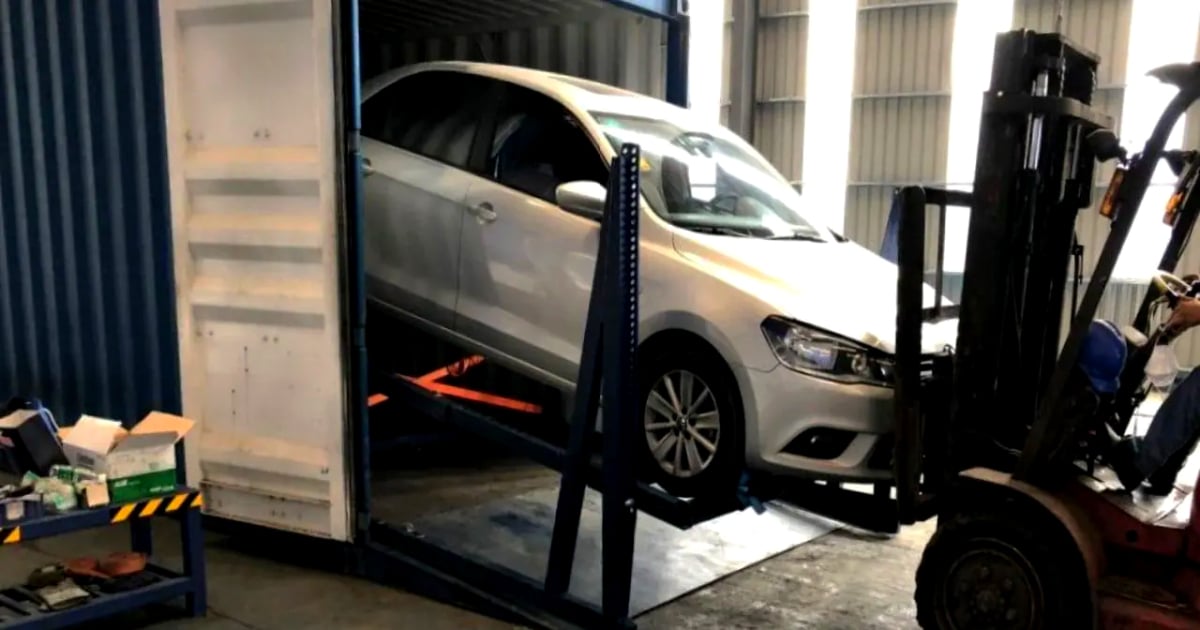
The Ministry of Foreign Trade and Foreign Investment of Cuba published Resolution 166/2024 in the Official Gazette this weekend, which establishes new regulations for commercial operations of the Cuban private sector, exclusively in freely convertible currency (MLC).
This regulation updates Resolution 315/2020 and aims to "correct distortions" in foreign trade, adapting to the economic and financial crisis in the country.
The old regulation stated that Cuban private entrepreneurs received 20% of their export income in CUC when operating through entities authorized by MINCEX, and the remaining 80% was transferred to their accounts in freely convertible currency.
Main Aspects of Resolution 166/2024:
Private management forms in Cuba will be able to access foreign trade services through authorized state-owned enterprises, which includes the import and export of goods and services.
The regime claims that its goal is to allow the private sector to develop its core activities more efficiently and in line with market conditions. However, it is evident that the resolution increases control, restricts commercial freedoms, and imposes the use of the MLC in transactions.
- Conditions for Access to Foreign TradeThe regulation establishes the requirements that the private sector must meet to access import and export services, which include the submission of abank contract in MLCand onecertification of no tax debtPlease provide the text you would like translated.
- Procedures and GuaranteesAuthorized entities are responsible for managing the necessary approvals with the competent authorities and ensuring the viability of commercial operations, minimizing financial risks, and ensuring thecompliance with payment commitmentsIt appears there is no text provided for translation. Please provide the text you would like to have translated.
- Exportsthe regulation outlines how the Cuban private sector can carry out these operations, agreeing with authorized entities on technical details, prices, transportation methods, and other logistical aspects. Additionally,regulates the way income is distributedgenerated by exports.
- ImportsOperations are subject to a series of criteria, such as the detailed description of the products, technical specifications, available budget, and payment methods. It also establishes that thecost of importsIt should include expenses such as insurance, freight, and other associated costs.
- Importation of VehiclesOne of the most notable provisions is the one that regulates the importation of vehicles and their parts by the private sector, which will bemanaged exclusively by authorized entities, in accordance with current legislation.
- List of Authorized EntitiesThe resolution includes an annex that lists more than 40 state-owned companies authorized to carry out import and export operations on behalf of the private sector. Among them are recognized companies such as QUIMIMPORT, COPEXTEL S.A., CUBAEXPORT, MAQUIMPORT, and others dedicated to specific sectors such as agriculture, construction, chemicals, and technology.
Impact on the private sector:
The Cuban government aims to adjust the commercial relations of the private sector in freely convertible currency, providing them access to the international market through state intermediaries.
Private companies will now have to follow a structured procedure to carry out their foreign trade operations, which will pose new challenges due to the controls and requirements that are imposed.
Resolution 166/2024 came into effect on Friday, following its publication in the Official Gazette, and will repeal the previous regulations. The Cuban government aims to regulate and control operations in MLC, amidst the economic crisis the country is facing.
What do you think?
COMMENTFiled under: